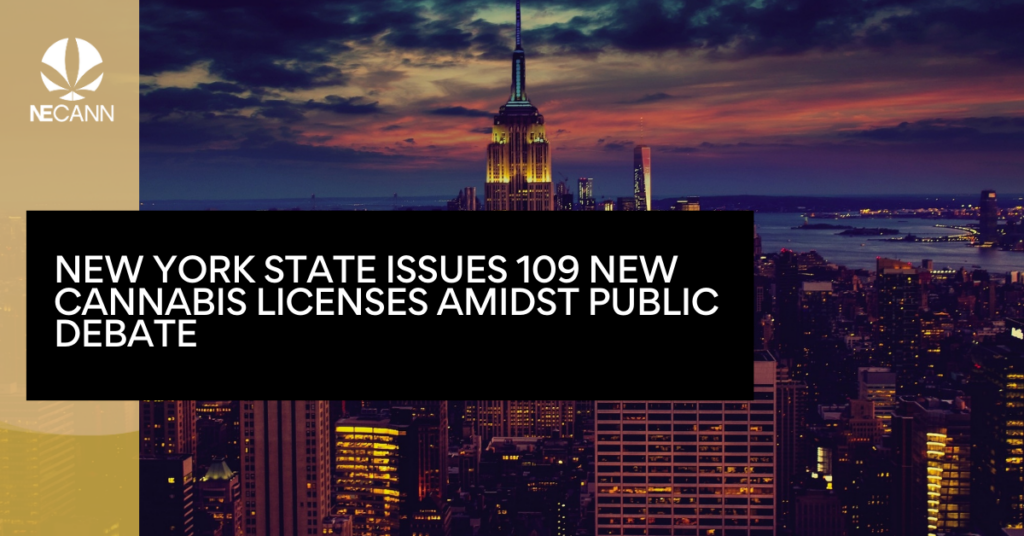New York state’s Cannabis Control Board has officially granted 109 new cannabis business licenses, marking a milestone in the state’s evolving cannabis industry. This decision comes amidst public scrutiny and internal discord over the allocation of permits and the pace of market expansion.
The licenses encompass a variety of cannabis-related activities, including cultivation, distribution, processing, microbusinesses, and retail operations. Notably, 38 of the newly issued licenses are for retail establishments, with an additional 13 being provisional permits pending approved locations.
During the board’s meeting, Chairwoman Tremaine Wright highlighted the significance of this moment, emphasizing that it represents the beginning of a transformative journey for New York’s cannabis sector. However, she acknowledged the challenges faced by the industry, stating, “It has been a rocky start to 2024 for cannabis in New York State. We’ve read your letters and we’ve heard your concerns.”
Despite the initial hurdles, the Office of Cannabis Management (OCM) remains optimistic about the future of the market. Executive Director Chris Alexander announced plans for at least 10 new retail shops to open in February, with more to follow in the coming months. Additionally, the OCM will continue to review and approve additional business applications.
However, controversy surrounds the licensing process, particularly regarding the limited number of permits allocated. The OCM’s decision to issue only a fraction of the total applications received has sparked criticism from disappointed applicants. Concerns have been raised about the fairness and transparency of the selection process, with some expressing frustration over the uncertainty of future opportunities.
The debate over license caps and market saturation has further intensified. While some advocate for a cautious approach to prevent oversaturation, others argue for a more liberal licensing policy to accommodate demand and curb the illicit market. The issue remains unresolved, reflecting broader discussions within the industry about balancing supply and demand while promoting equity and sustainability.
As New York’s cannabis market continues to evolve, stakeholders and regulators alike face the complex task of navigating these challenges while ensuring a fair and equitable industry landscape. The decisions made in the coming months will undoubtedly shape the future trajectory of cannabis in the state.




